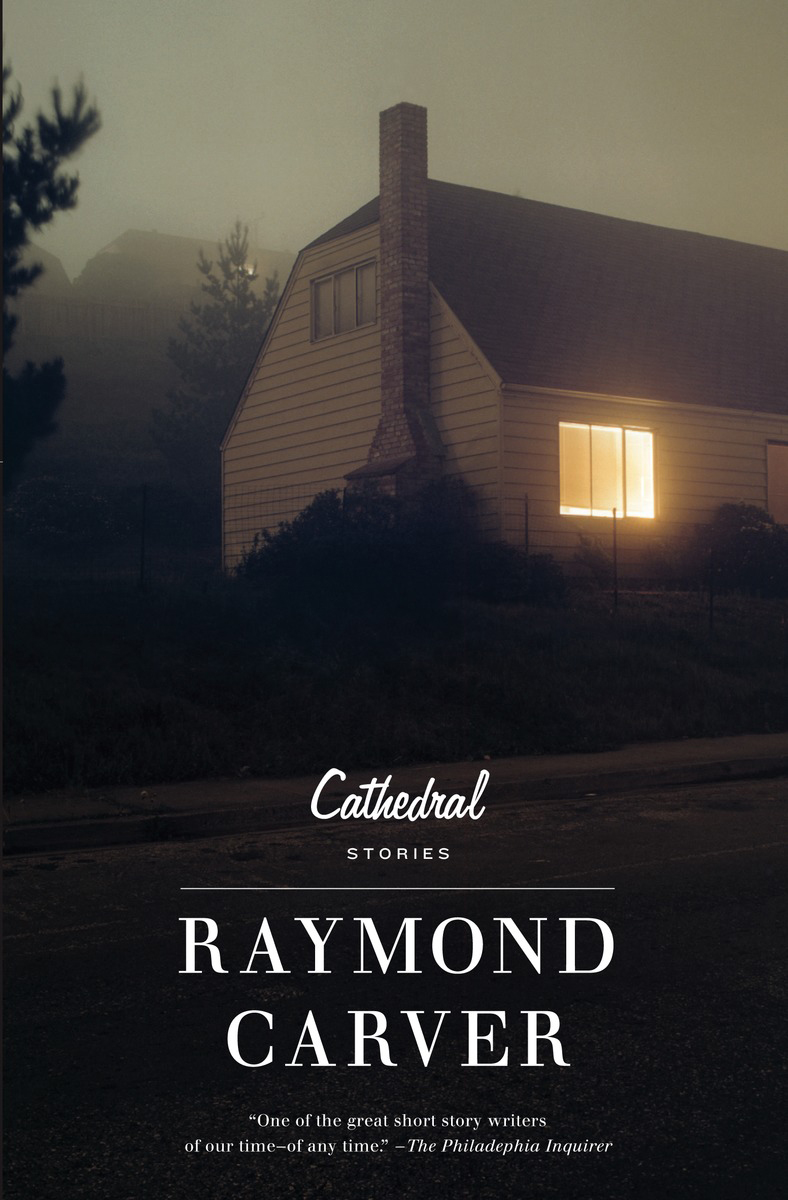

Most ebook files are in PDF format, so you can easily read them using various software such as Foxit Reader or directly on the Google Chrome browser.
Some ebook files are released by publishers in other formats such as .awz, .mobi, .epub, .fb2, etc. You may need to install specific software to read these formats on mobile/PC, such as Calibre.
Please read the tutorial at this link: https://ebookbell.com/faq
We offer FREE conversion to the popular formats you request; however, this may take some time. Therefore, right after payment, please email us, and we will try to provide the service as quickly as possible.
For some exceptional file formats or broken links (if any), please refrain from opening any disputes. Instead, email us first, and we will try to assist within a maximum of 6 hours.
EbookBell Team

4.7
96 reviewsRaymond Carver said it was possible "to write about commonplace things and objects using commonplace but precise language and endow these things - a chair, a window curtain, a fork, a stone, a woman's earring - with immense, even startling power".
"All the stories in Cathedral are different; some funny, some hauntingly sad. Each has its own individual and curious power." - Daily Telegraph
Nowhere is this alchemy more striking than in the title story of Cathedral in which a blind man guides the hand of a sighted man as together they draw the cathedral the blind man can never see. Many view this story, and indeed this collection, as a watershed in the maturing of Carver's work to a more confidently poetic style.
"The twelve stories collected in his book Cathedral are remarkable for the originality of vision which he manages to convey in scrupulously simple prose. Carver is a considerable and enterprising talent." - The Guardian
These twelve stories mark a turning point in Carver’s work and “overflow with the danger, excitement, mystery and possibility of life. . . . Carver is a writer of astonishing compassion and honesty. . . . his eye set only on describing and revealing the world as he sees it. His eye is so clear, it almost breaks your heart” (Jonathan Yardley, Washington Post Book World).
Raymond Carver (1938-1988) was an author who rejected the more experimental fiction of the 60s and 70s. He pioneered a precisionist realism reinventing the American short story during the eighties, heading the line of so-called "dirty realists" or "K-mart realists". They are stories of banal lives that turn on a seemingly insignificant detail. Carver writes with meticulous economy, suddenly bringing life into focus in a similar way to the paintings of Edward Hopper.